As major cities across the West are grappling with an unprecedented surge of antisemitism, the Iranian regime and its Iranian regime and its proxies have once again mobilized in the Middle East. In an interview with Magyar Nemzet, Ambassador Maya Kadosh spoke about what’s at stake in the ongoing conflict — for Israel, and for the West as a whole.
– At the G7 Summit in Canada, one of the topics that's dominating the agenda is the escalating conflict between Iran and Israel. Iran is under a heavy air campaign from Israel, as targeted airstrikes continue. President Trump issued a warning: besides calling for a complete evacuation in Tehran, he also announced - on the Truth Social platform - that if Iran does not abandon its nuclear program, even the military option could be on the table. Could you please expand on this, and how big of a threat are we facing?
– I'd like to emphasize that we are now in an operation against Iran for two reasons. The first is the nuclear capabilities that Iran acquired in the last few years. As we know now from the international community, and in part from at International Atomic Energy Agency (IAEA), Iran has enough raw materials to produce as many as nine bombs. The second - none less important - is Iran's ballistic missiles program.
Reacting to President Trump's announcement last night, that America won't allow Iran to acquire nuclear weapons, the ambassador underlined:
It's too early, and obviously we are not in the loop, and we are not deciding for the U.S., because it's up to the United States to decide how they are going to operate. But the position of the U.S. is very clear, and Israel is very thankful for this position. We are also very thankful for our American allies for helping to protect Israel, to use their defense system to protect our civilians. And I think we will now need to see what that policy means.
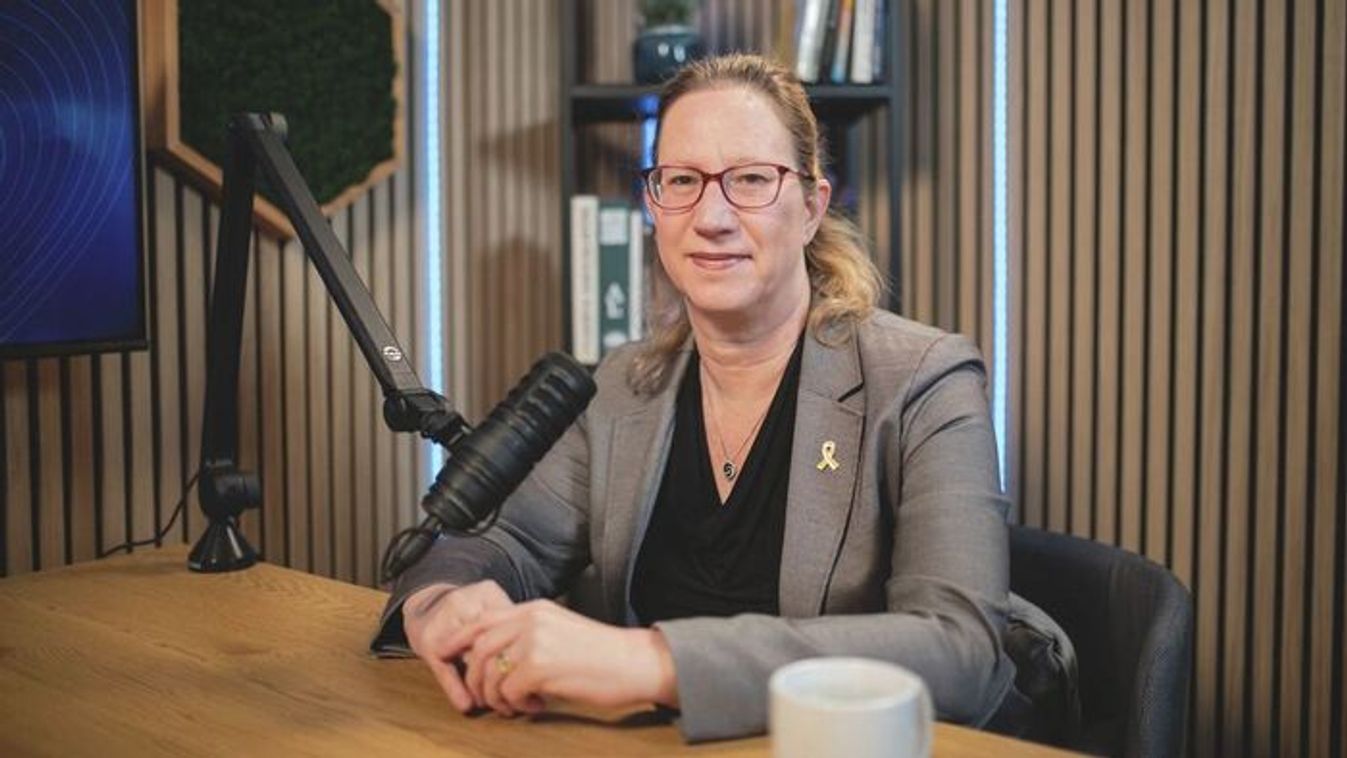
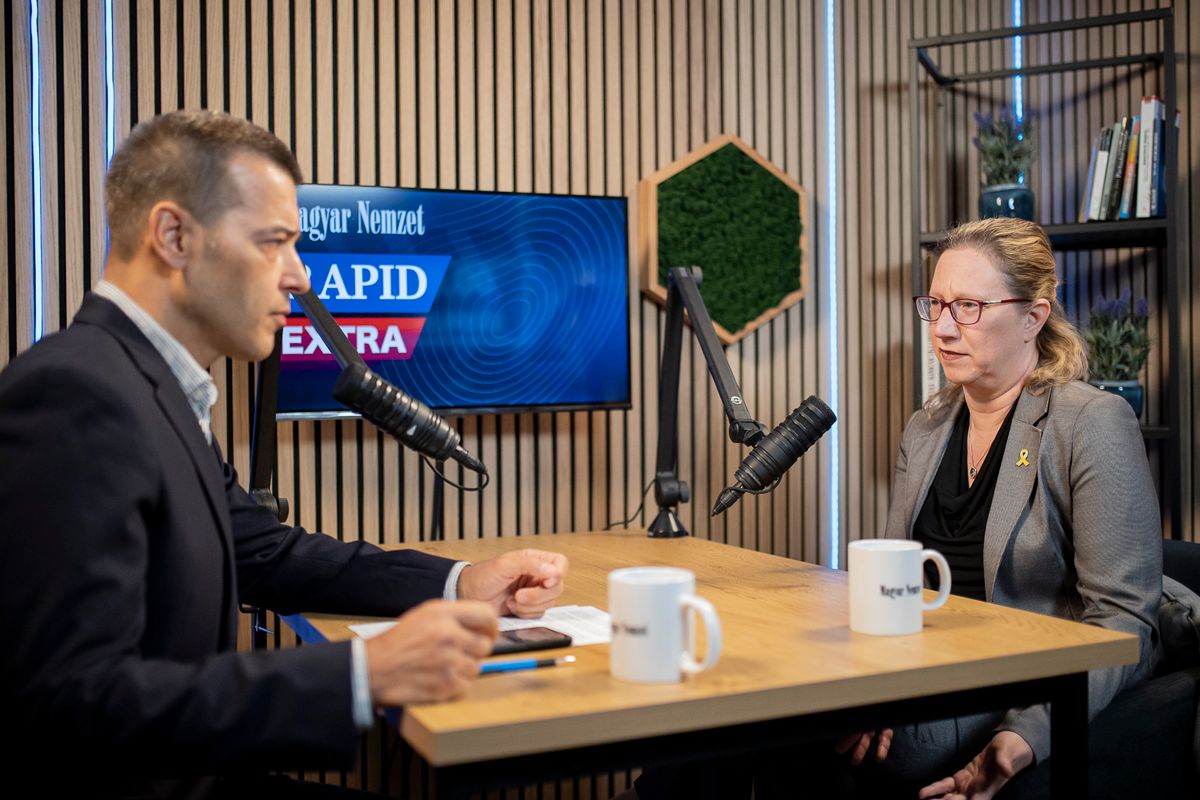





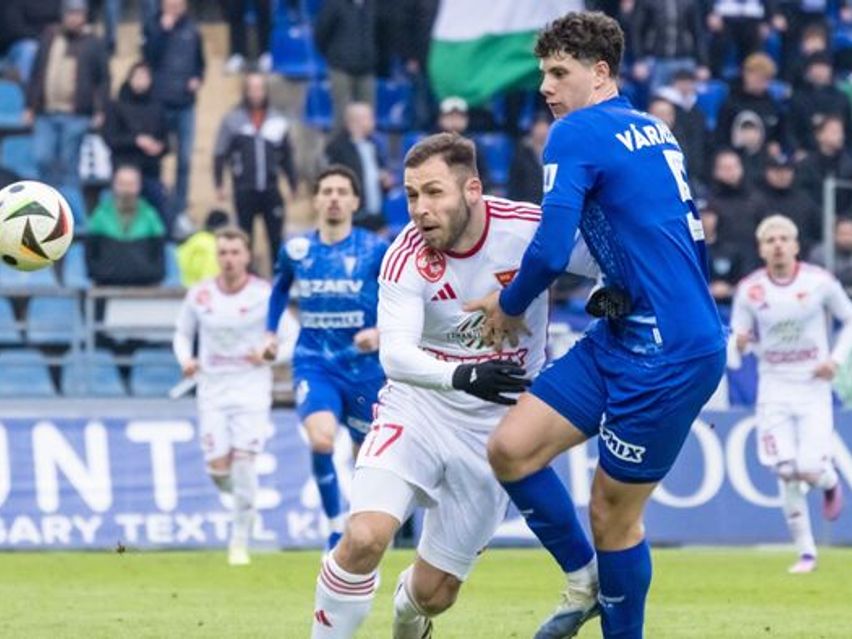
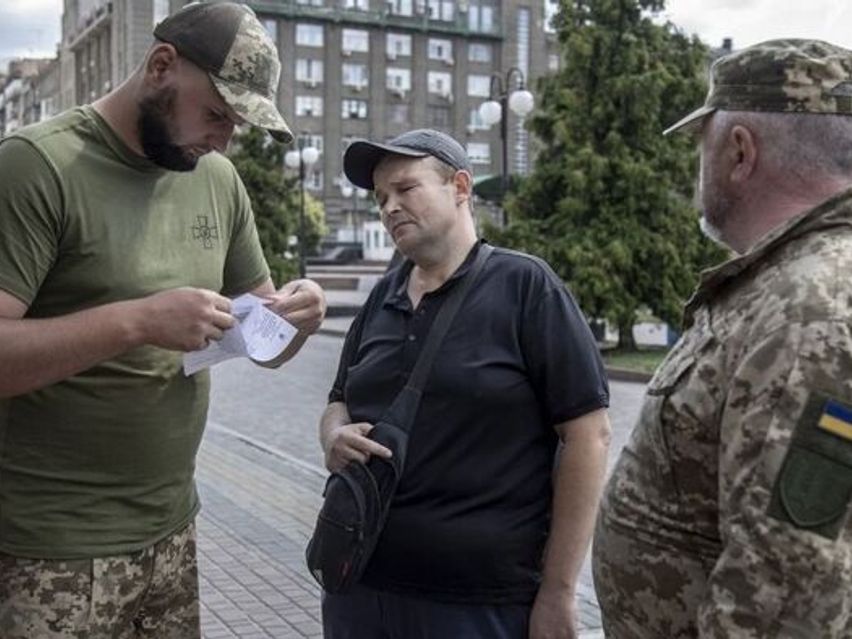
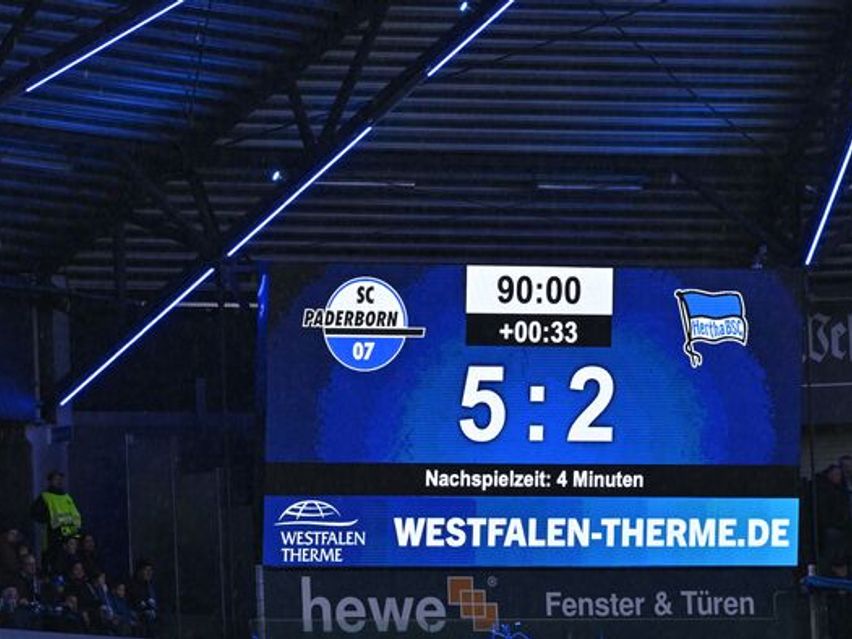






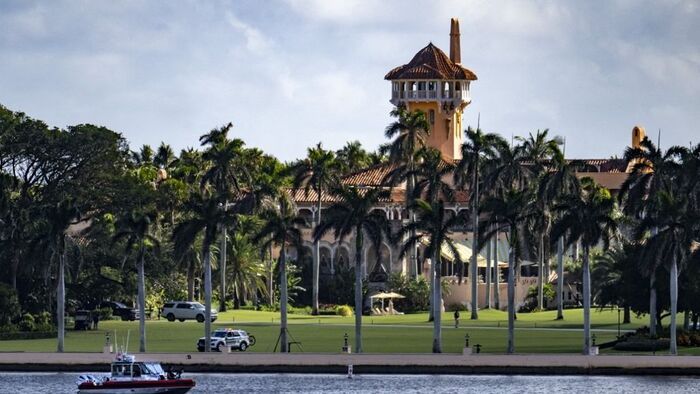
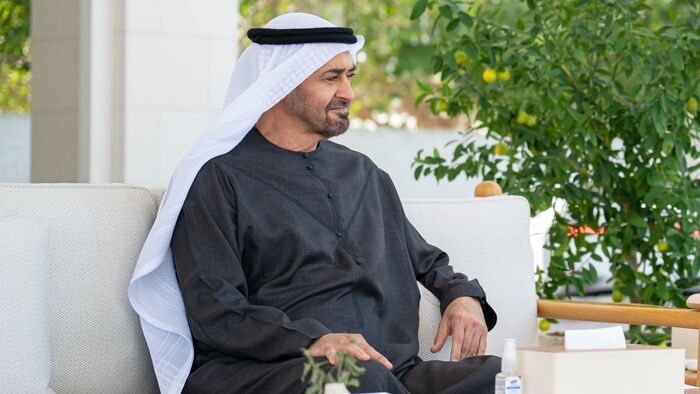
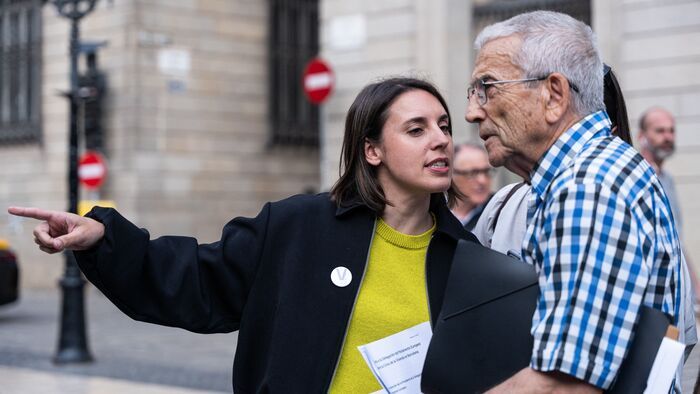

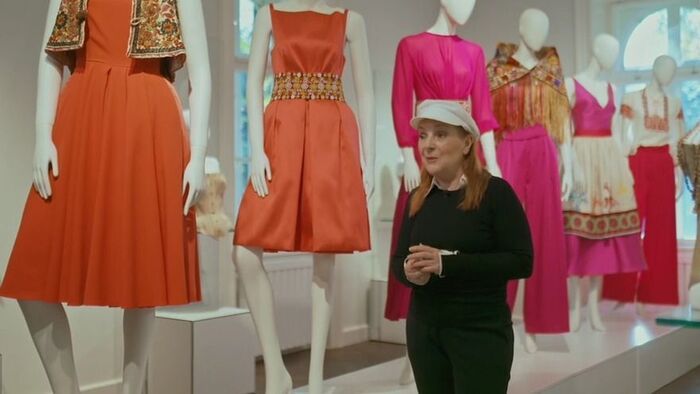
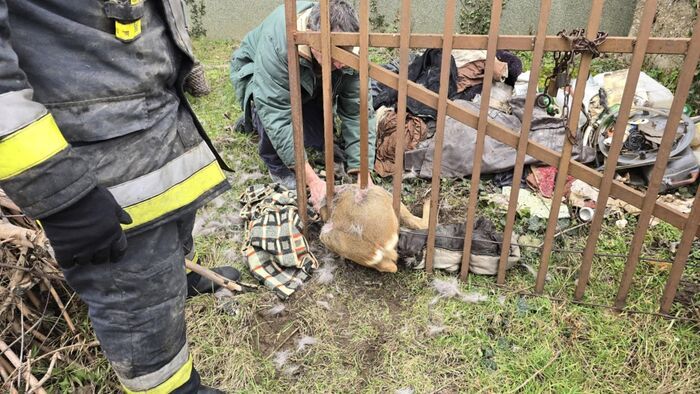
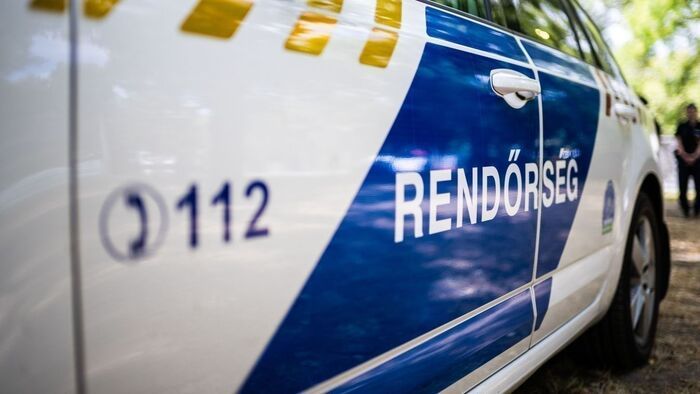

Szóljon hozzá!
Jelenleg csak a hozzászólások egy kis részét látja. Hozzászóláshoz és a további kommentek megtekintéséhez lépjen be, vagy regisztráljon!